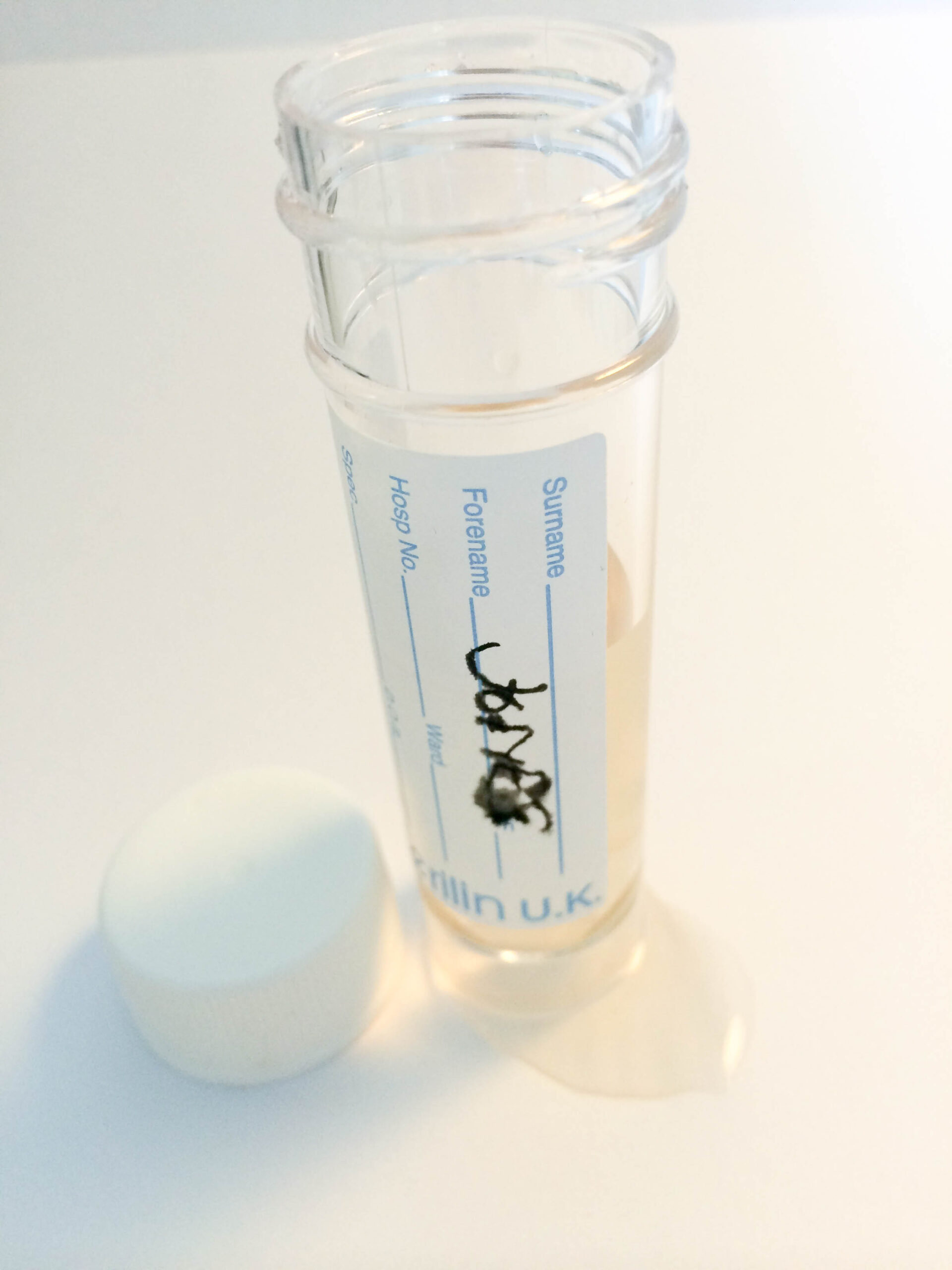FemTech World podcast: taking on the UTI Challenge


A rise in persistent UTIs… Read More

Its time to reignite our NHS! Now our beloved health system has been blessed with new funding, we can furnish every hospital and GP practice… Read More

This week saw the launch of Forte Medical’s Series A investment round for growth, export and new product development. Seeking £3.5m, the company is engaging… Read More

Barry Shrier, Founder of annual health innovation event Giant Live, presents the third Disruptor Giant Health Innovators TV interview featuring Giovanna Forte, CEO of Forte… Read More

Despite its importance, there is no standard for urine collection. In this article the author, Professor Frank Chinegwundoh, discusses the problem of inadequate samples and… Read More

Antibiotic resistance in children’s E. coli, a bacteria that is the most common cause of urinary tract infection, is high against many antibiotics commonly prescribed in… Read More

Doctors can tell a lot about your health from your urine sample, if taken properly. Insightful piece by Rob Eley and Michael Sinnott from The… Read More

An advocate and active player in healthcare infection prevention, we will participating at the Knowlex Infection Prevention and Control 2018 exhibition being held on Wednesday, 21st February… Read More

We have been talking prevention for some time so are pleased to see this report from Public Health England advocating right-first-time devices. Read the… Read More
